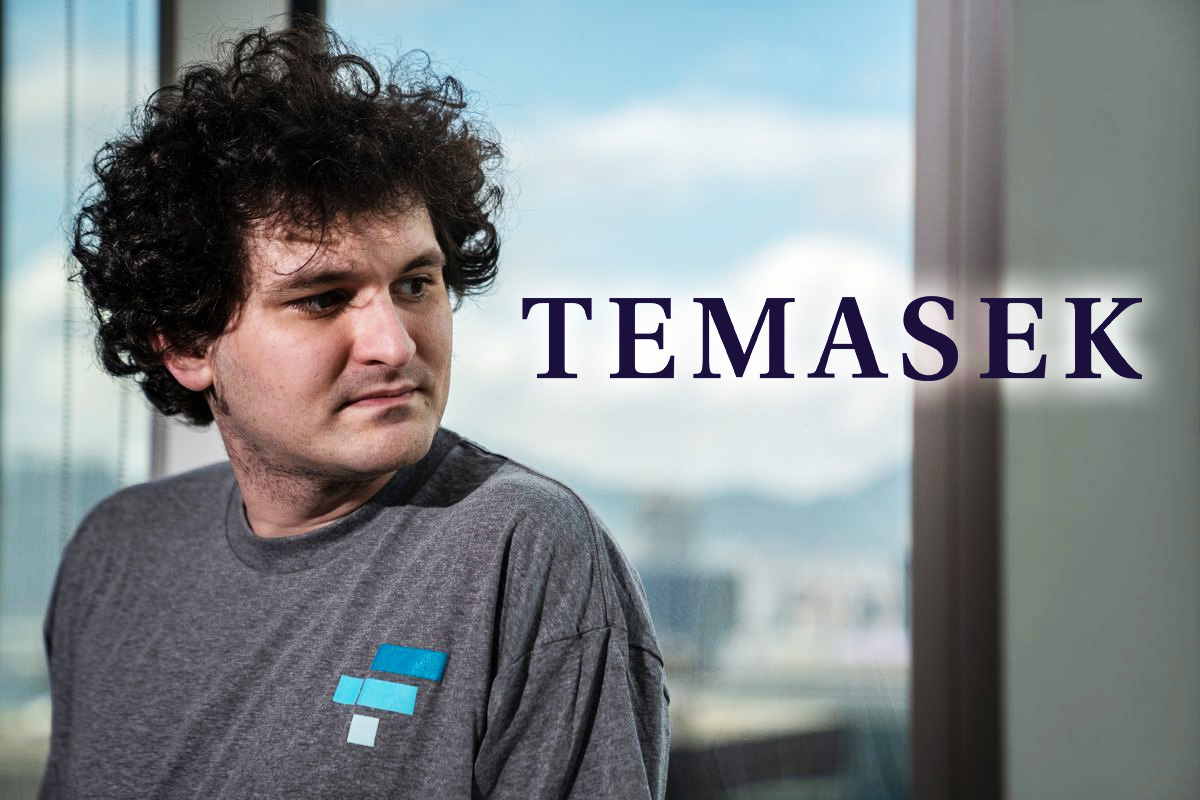Disclaimer: Opinions expressed below belong solely to the author.
I have to say I’m quite amazed to have witnessed the outpouring of expertise in finance, investment and company valuations over the past week, following the news that Temasek decided to write down its US$275 (S$380) million stake in the collapsed FTX.
Turns out that Singapore is not only packed with financial professionals in the glitzy skyscrapers of the CBD, but every other rambunctious online commenter (be it some no-name individual on social media or a wannabe news outlet that’s trying to be “edgy”, looking for controversy) is surely related to Warren Buffett himself!
I, therefore, assume they all must have heavily shorted FTT tokens, just waiting for the company to collapse, before making off with a handsome profit. No?
Sarcasm aside, however, could the FTX debacle have been avoided? Could Temasek somehow see what no other major company and millions of investors noticed?
The List of Shame
Let’s take a look at some of them, shall we? Let’s see who all those incompetent fools, who didn’t do their “due diligence” and gave Sam Bankman-Fried their money are:

- BlackRock (the largest asset manager in the world, with AUM of US$10 trillion)
- Sequoia Capital
- Softbank
- Tiger Global
- Binance (yes, CZ chipped in early on as well)
…among about 40 investors in total have, over the previous three years, poured US$1.8 billion into FTX.
Now, are you trying to tell me all of these companies and all the people in them involved in valuing literally thousands of businesses they fund with their own and their client’s money, know nothing about due diligence?
That they are incompetent lunatics thoughtlessly throwing money around, particularly to some hippie techie with a haystack for a haircut?
Or, here’s a thought — it is sometimes simply impossible to spot fraud, unless you specifically know what you’re looking for?
Fake it till you make it
Let’s be clear. FTX collapsed because a leaked document from its sister company, Alameda Research, revealed the flimsiness of its balance sheet, which consisted mainly of the FTT token. This eventually prompted a “run on the bank”, as panicked users began withdrawing more money than FTX had on hand, leading to liquidity issues.
The nature of the bankruptcy was, therefore, at least as much psychological in nature, as it was financial.
And to be fair to Fried and his cabal of weirdos running FTX from a penthouse in the Bahamas, the entire crypto environment rests on similarly weak foundations, driven by what people think about cryptocurrencies rather than real use cases driving their adoption.

As far as company evaluation may have gone when Temasek and others put their money in, their primary concern is likely to have been in the growth numbers of the exchange, not in the interrelations between Fried’s companies.
And if it wasn’t for that leak on November 2, FTX may have still existed and happily grown for years, because nobody would have been spooked by what was hiding underneath.
After all, all that FTX effectively engaged in is similar to how entire banking systems function — fractional reserve.
I guarantee you that if deposit holders in DBS, OCBC, UOB (or any bank in the world), descended onto their branches en masse to demand cash withdrawal, each of them would fall within days, because they simply don’t have your money — they lent it out.
In the absence of similarly legitimate products (loans/mortgages) in the crypto space, Fried decided to gamble with customers’ money, propping up his own company, trying to inflate it and his own stature until the returns on investment allow him to pay the shadow debt off.
The gamble failed and he’s now likely to find himself in a barren cell, but it’s important to understand that his behind-the-scenes machinations were most likely invisible to his investors.
You don’t know what you don’t know
Nobody can independently verify that a CEO of a tech company has not installed a backdoor in the system allowing him to withdraw billions of customers’ money without triggering red flags in the accounting department.
Much of the risk in investing stems from the fact that you simply don’t know what you don’t know. You don’t even know if the figures that you are presented are legitimate.
And even if they were audited by someone, you don’t know if that someone is not a part of the scam — as it was the case with Arthur Andersen and Enron, in the US$60 billion bankruptcy 20 years ago.
Enron, lauded by Fortune as the ‘most innovative’ for six years in a row, was audited by one of the largest accountancy practices on the planet and it still turned out its leadership managed to cook the books.
Even if you had access to all of the accounts on the day of your investment, you still have no guarantee that fraud is not going to happen at some point in the future.
Ultimately, you put faith in other people, who come to you with some track record and recommendations from other investors.
Temasek failed to spot the scam just like BlackRock did, just like Masayoshi Son’s Softbank did, or Sequoia, one of the most famous VCs, did. It’s just the risk you have to accept as an investor and diversify your portfolio, so that successful bets make far more than your failures.
Just like Temasek has done for decades:

Over the past two years, its portfolio has grown in value by S$97 billion, and quadrupled in less than 20. Perhaps this should be the headline story instead?
Featured Image Credit: Bloomberg








